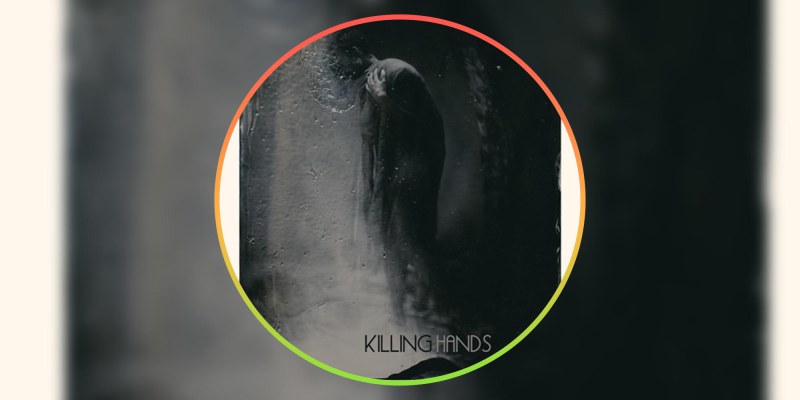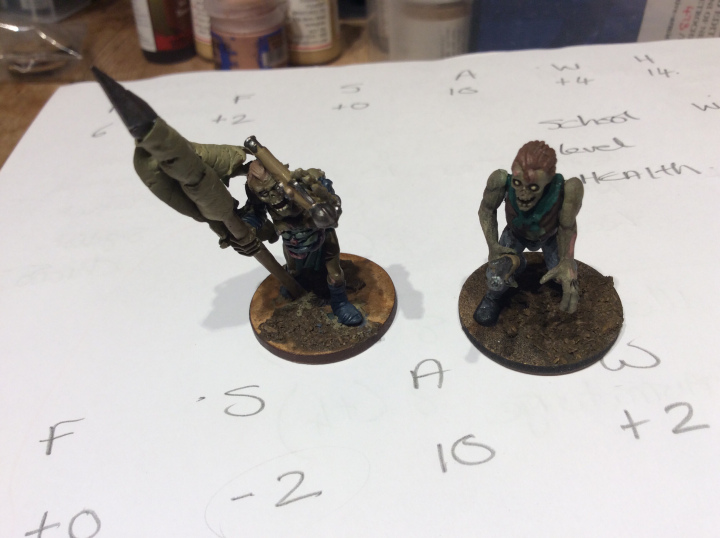 Title: City of Blades (The Divine Cities #2)
Title: City of Blades (The Divine Cities #2)
Author: Robert Jackson Bennett
Genre: Fantasy, Fiction, Mystery, Urban Fantasy, Science Fiction
Publisher: Broadway Books
Published: January 26, 2016
Page Amount: 484 pages
Goodreads Summary: The city of Voortyashtan was once the domain of the goddess of death, war, and destruction, but now it’s little more than a ruin. General Turyin Mulaghesh is called out of retirement and sent to this hellish place to try to find a Saypuri secret agent who’s gone missing in the middle of a mission, but the city of war offers countless threats: not only have the ghosts of her own past battles followed her here, but she soon finds herself wondering what happened to all the souls that were trapped in the afterlife when the Divinities vanished. Do the dead sleep soundly in the land of death? Or do they have plans of their own?
Why Read: When I finished the first book in this series – I had, you could say, a lot of feelings on the subject. I realise this is, yet again, another slew of white male authors and I’m mildly ashamed I haven’t read a lot this year, or explored as much diverse authorship as I wanted to. There are no excuses for not expanding one’s reading horizons… except when you really really want to finish a series (ahem which is the case in this moment).
Review: In some ways, this book was a completely different book than its predecessor. I know that books aren’t necessarily linked page to page when it comes to sequels and prequels, but somehow I expected this to be. Perhaps it was the similarity in name, but that is certainly not the case. Ashara, the protagonist from the first novel, is mostly out of our view, only vaguely mentioned from time to time and we are left with Turyin Mulaghesh, sass-general. Not that I’m complaining.
Turyin is one of those characters that both delights in sass and sulks in stony impenetrable silences, only comprehensible by monologues in the text. I think part of the reason I almost preferred this book to its companion novel was that Turyin has a lot more to her than Ashara. Without spoiling anything, Turyin has experienced things. She’s a war general, sent to become a spy – not exactly the easiest of transitions. Her own struggle, her battle with what it means to be a solider is probably what I loved most about the book.
It’s not often that fantasy books muse on what war is, or how it ought to be interpreted. Or at least, the books I read don’t often talk about it. So it was a pleasant and deep-thinking surprise to suddenly ask what it must be like to have soldiers under your command, how it feel when they don’t come home to their families, and how personal responsibility under a chain of command actually feels. Admittedly, I’ll never know what that is like – but reading fiction, especially about things that I’m unaware about is the first step to getting a better understanding of them. (right?)
The story is a winding tale that surprised me at every turn, and I certainly don’t want to ruin it for you. But one last teensy tiny thing I want to say is how much I am still in love with this idea of generational trauma that the book brings up. Neither Turyin nor any other living Saypuri has seen a Continental sentinel (think of an imposing colonial solider), and yet there’s a lingering fear and horror that sweeps across the characters each time it’s brought up. Got to love that decaying warrior trope, folks.
I think books like these aren’t for everyone. For a long time, I would have not recommended this book to myself even because I wasn’t interested in reading about this particular topic. However, I have changed, and if you think you might enjoy something similar to what I’ve described above, I urge you to give it a try.



Rating: 4.5/5 Stars
Advertisements Share this:




